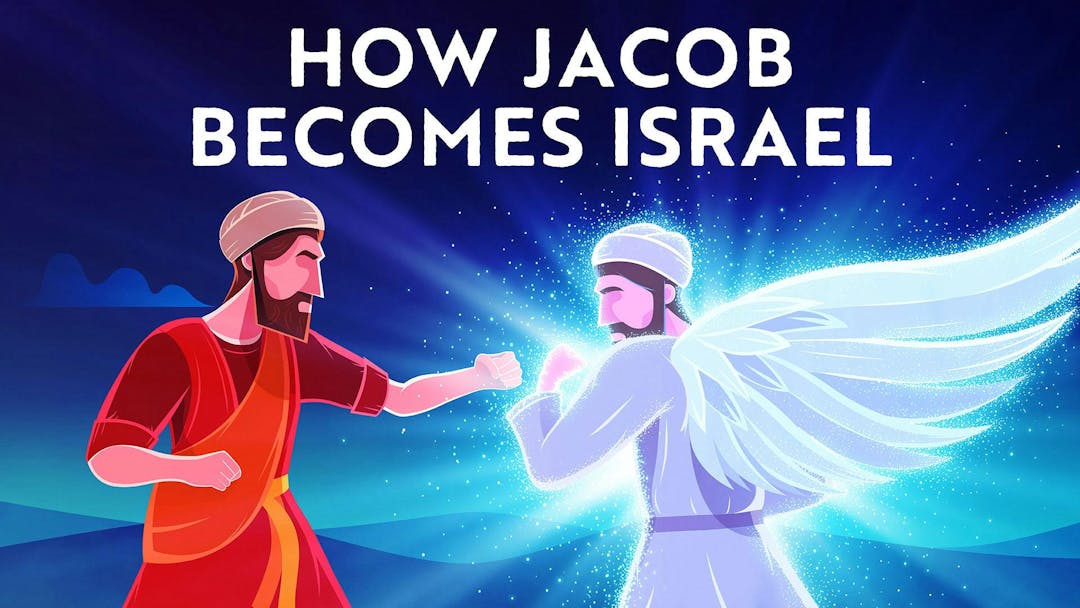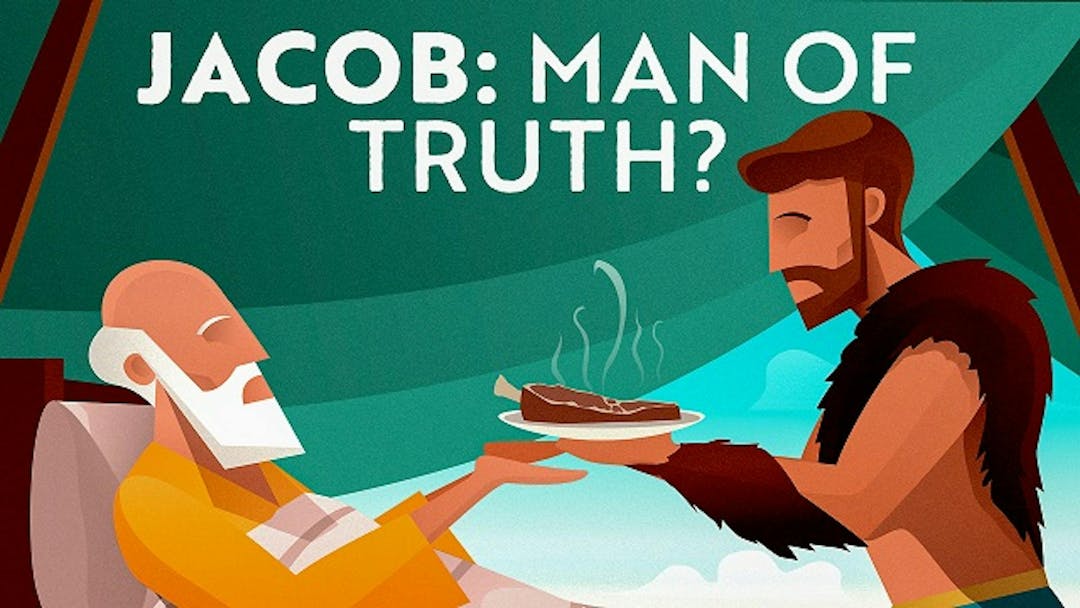Start your free trial today to unlock the full library and enjoy unlimited and uninterrupted access.
Get StartedBecoming A Person Of Integrity
Jacob And Esau Meet Again
Our Sages seems to imply that Jacob was punished for taking his brother Esau’s blessings. Yet those very Sages refer to Jacob as a “man of truth,” one of our patriarchs, a righteous man. How are we meant to resolve these seemingly conflicting reports?
In this video, Rabbi Fohrman notices a series of curious parallels between Jacob’s first encounter with Rachel at the well, and when he meets with his brother Esau. By comparing these two stories, Rabbi Fohrman uncovers an inspiring narrative about Jacob’s own growth and transformation that offers us a deep understanding into how Jacob regained his personal integrity to be called a “man of truth.”
Dive deeper – Jacob: Man Of Truth?
Want to watch the full video for free?
Enter your email and we’ll send you a link to watch the full series free.
What is Aleph Beta?
Aleph Beta is a unique kind of Torah library. Led by our founder, Rabbi David Fohrman, we are dedicated to high-level, textual Torah learning for adults that is intellectually and spiritually sophisticated, that enlivens your Jewish practice and helps you forge a deeper connection to God. Whether you’ve been learning in yeshiva for years or you’re just beginning your Torah journey, you’re sure to find something meaningful and surprising waiting for you here.
Browse our library of over 1,000 beautifully produced animated videos, podcasts, deep dive courses, and printable guides. Topics include the weekly parsha, Jewish holidays & fast days, laws & mitzvot, prayers, relationships, big philosophical ideas and more. Have something to say at the Shabbos table that will amaze your family and guests and bring deep meaning into their lives.











